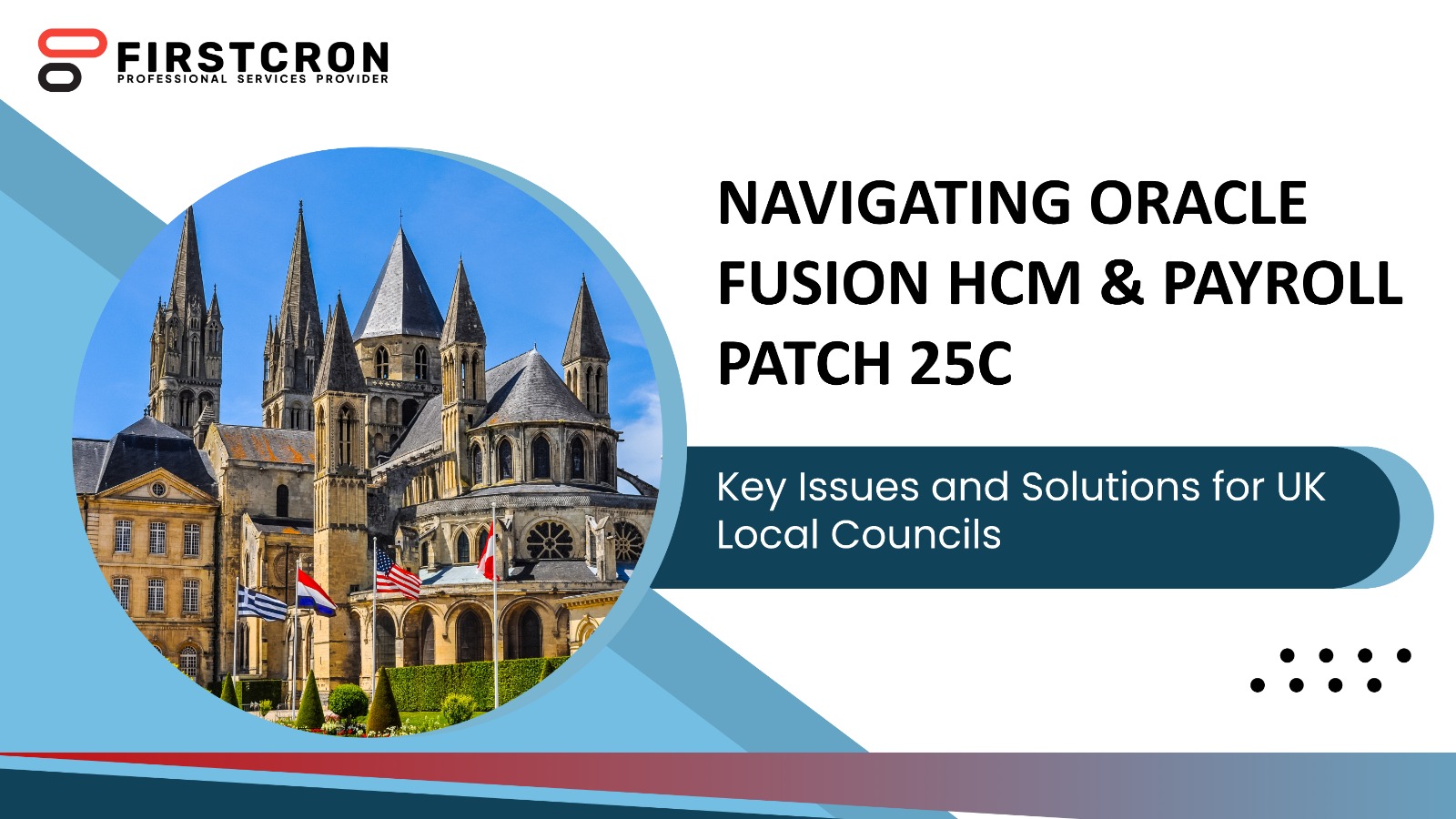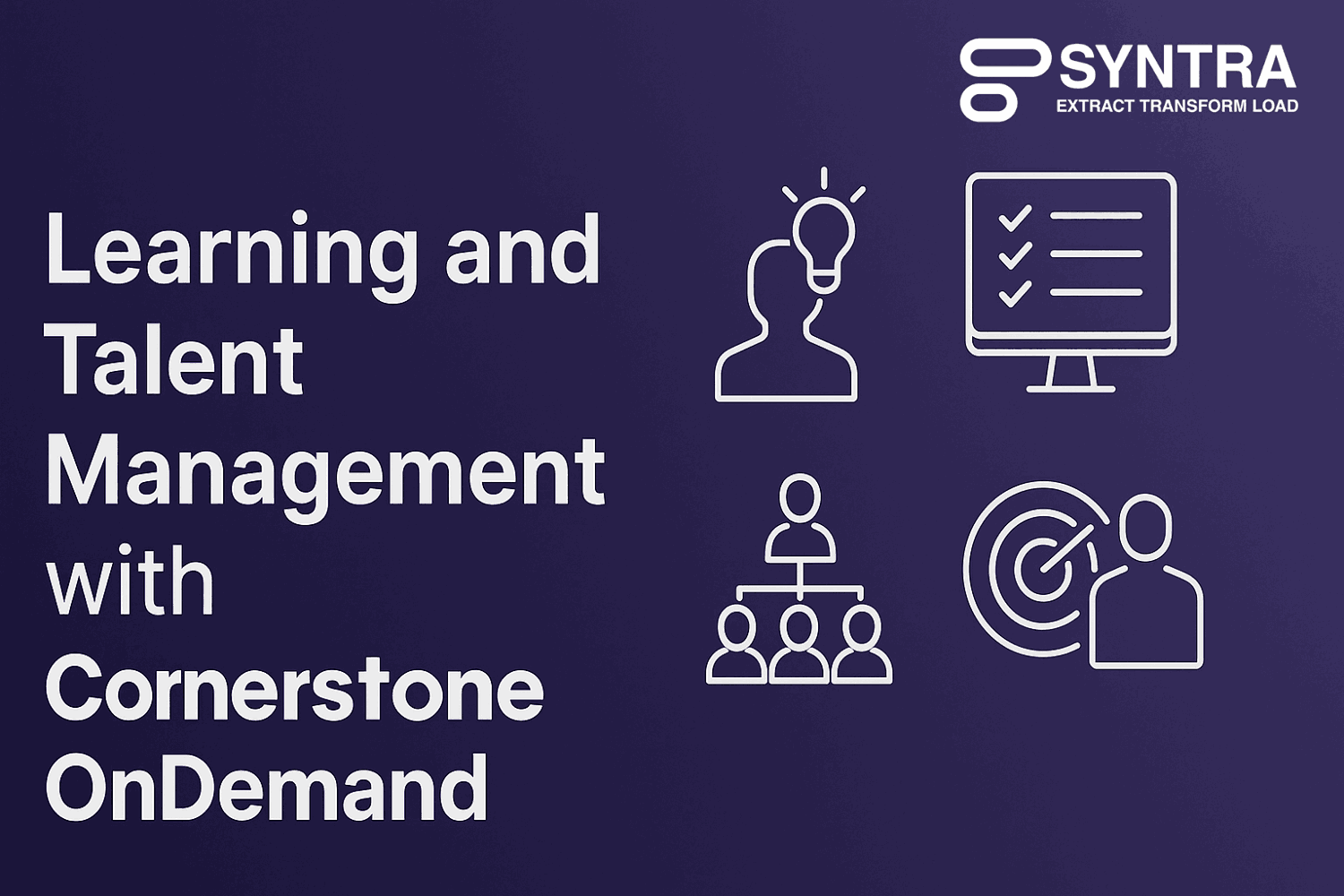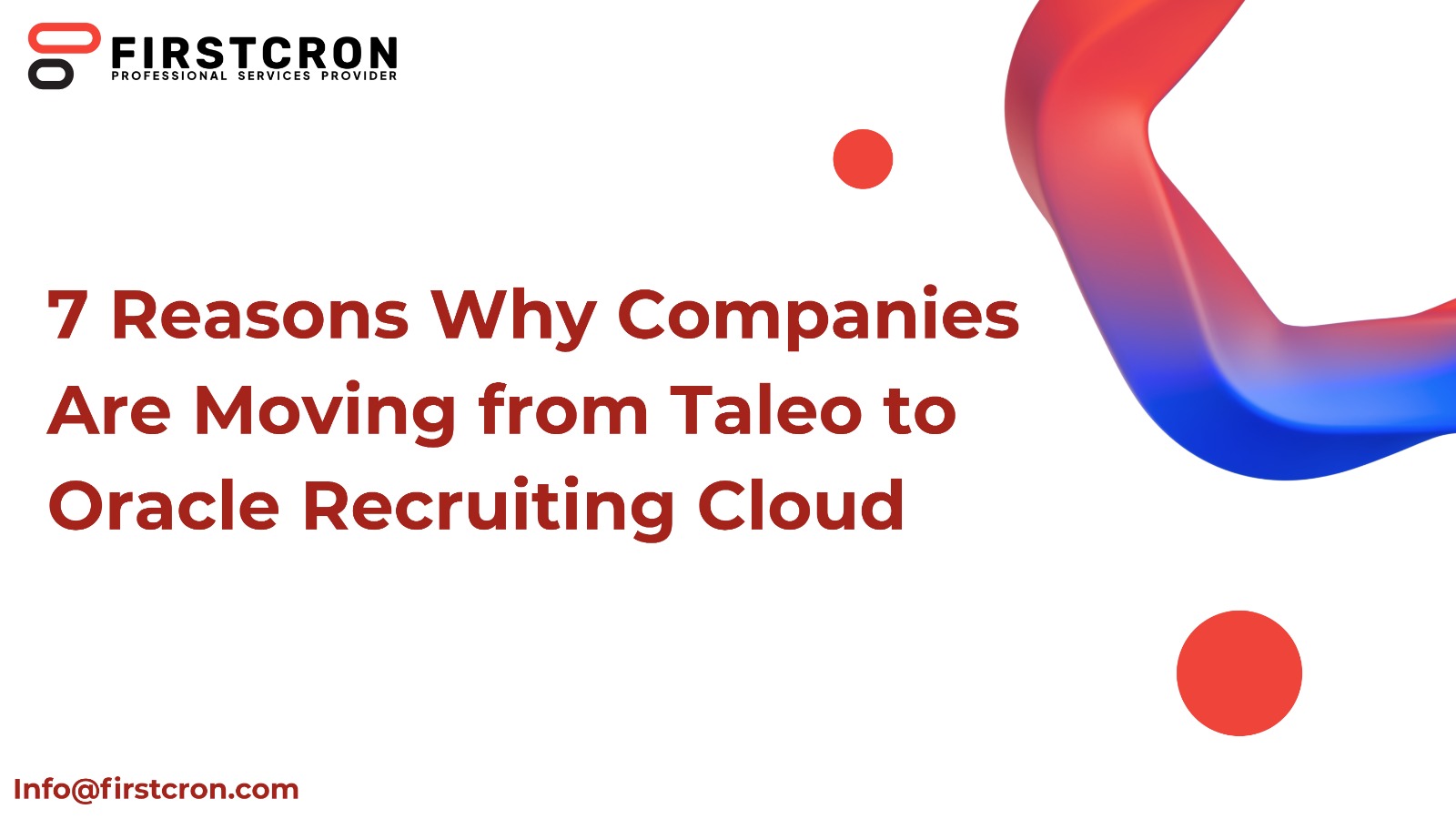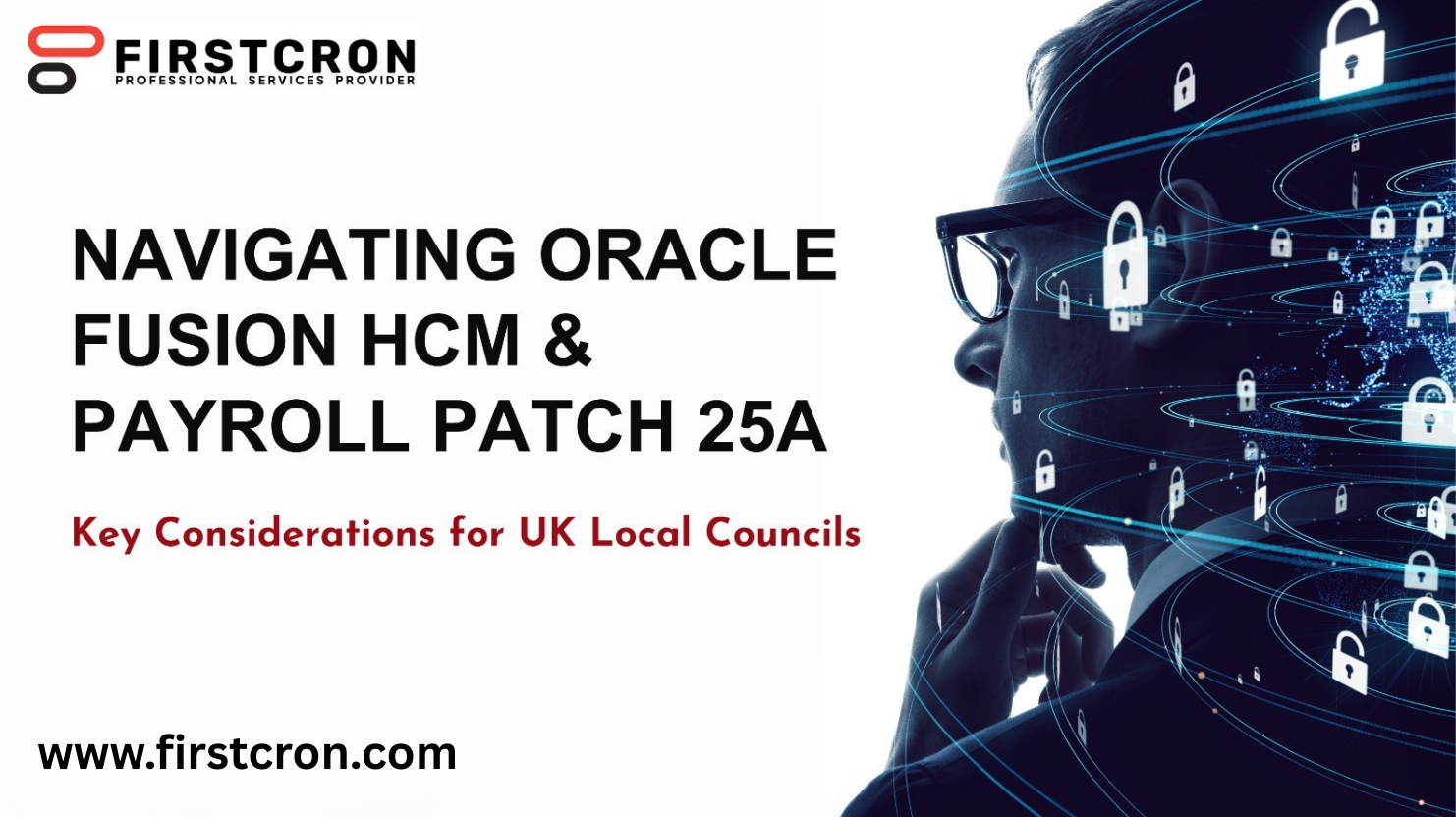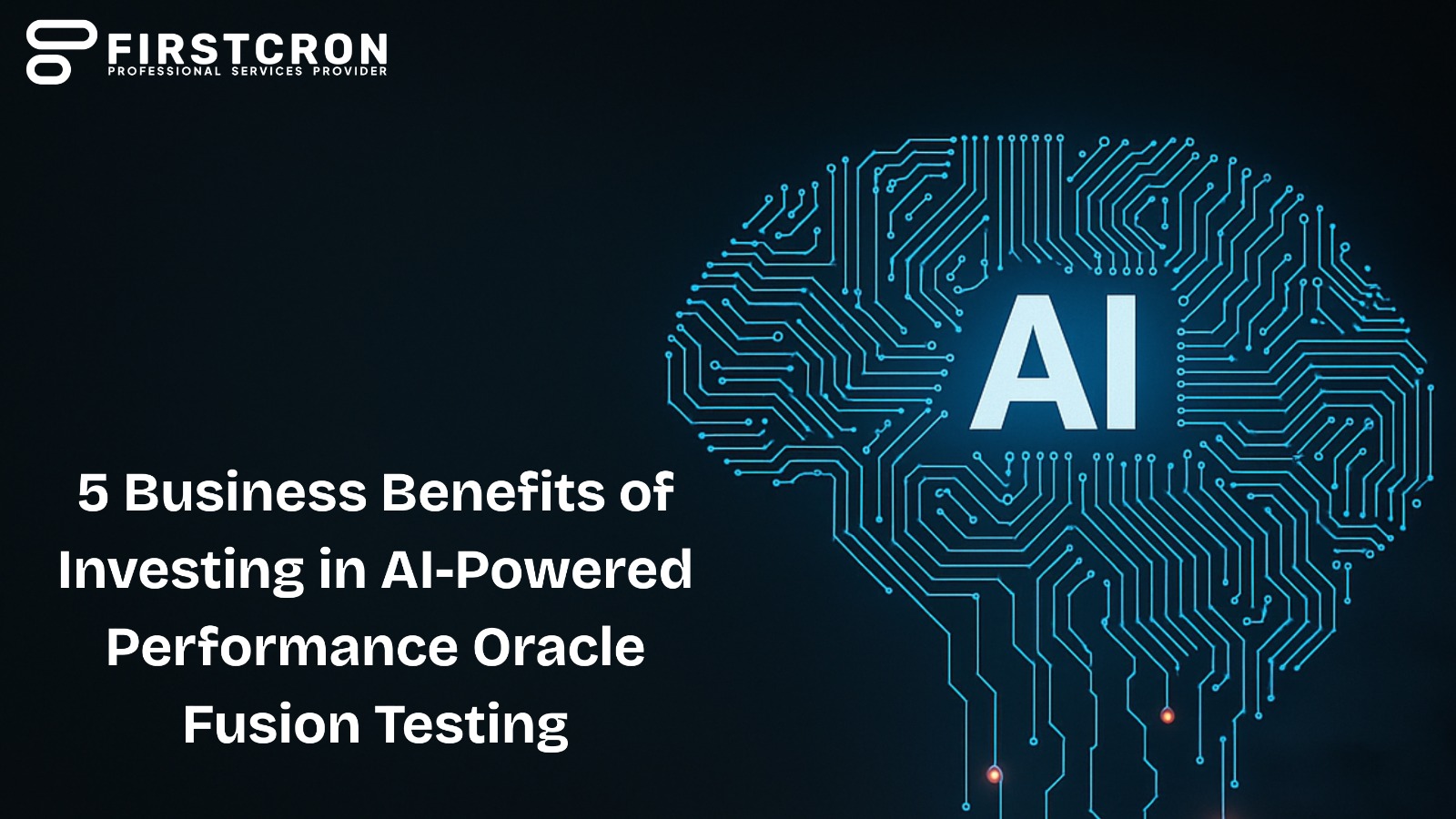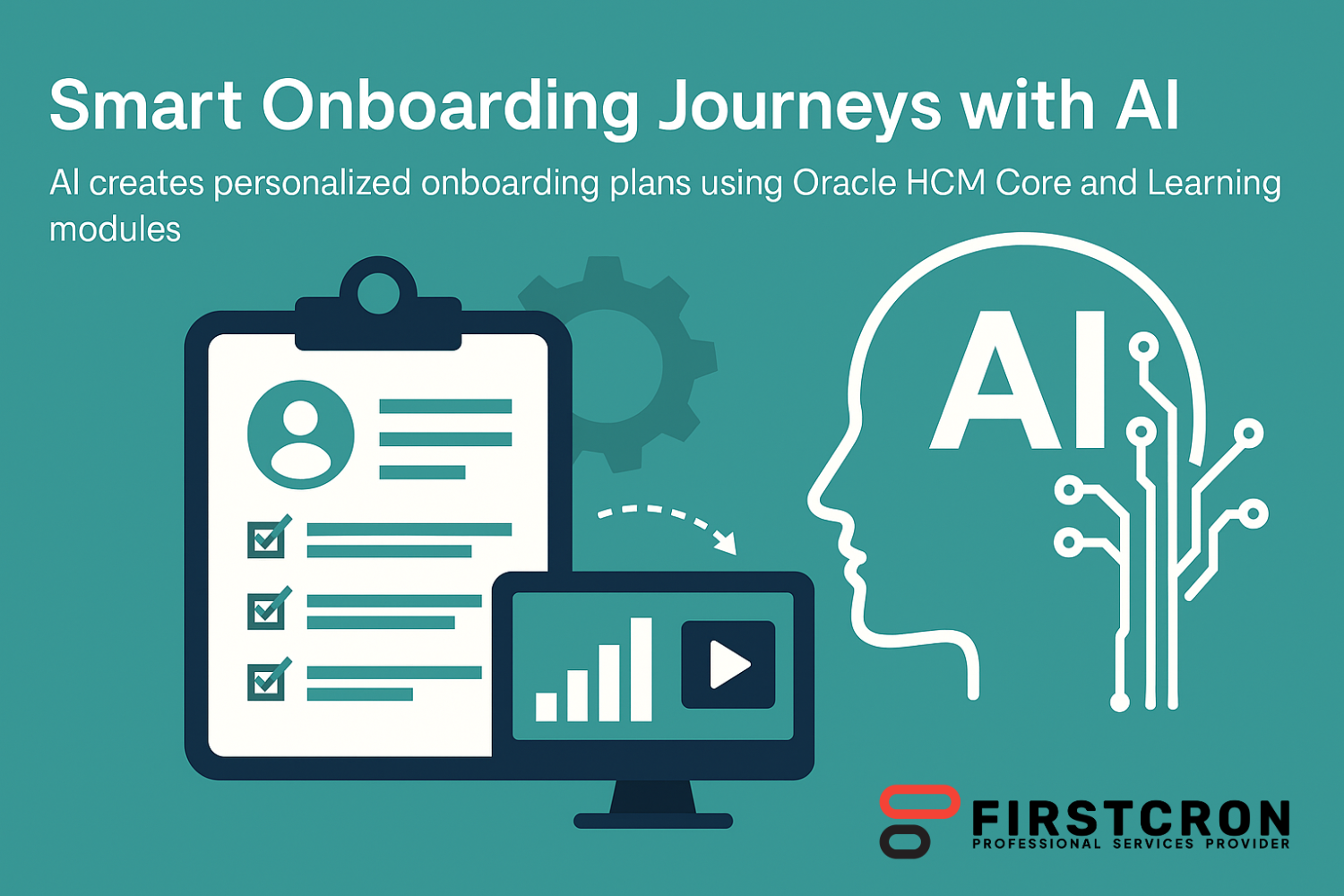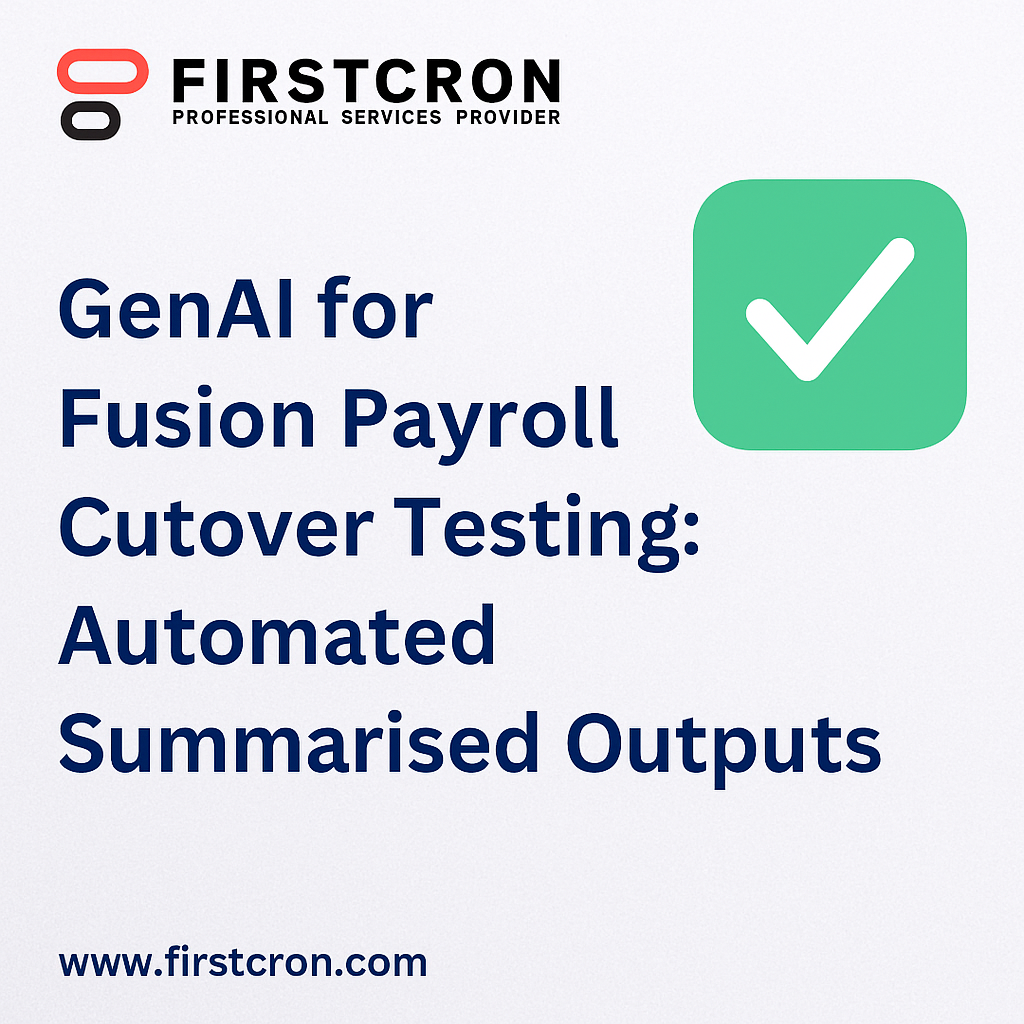
In any Oracle Fusion Payroll implementation or migration, cutover testing is one of the most critical phases. It serves as the final quality checkpoint before going live, confirming that payroll results in the new system match those from the legacy system. The process involves running parallel payrolls and comparing outputs for the same period to identify discrepancies, understand their causes, and make corrections before the first live payroll run.For organisations in the UK and US public sector, higher education, local government, and healthcare, payroll accuracy is more than just an operational need—it’s a matter of compliance, accountability, and trust. Errors can lead to regulatory penalties, reputational damage, and employee dissatisfaction.Traditionally, cutover testing has been labour-intensive and error-prone. Teams manually export data from both systems, compare results in spreadsheets, and painstakingly analyse variances. The process can take days or even weeks, and with thousands of employees and complex pay structures, the risk of oversight is high.This is where Generative AI (GenAI) is changing the game. By automating data comparison, highlighting discrepancies, and producing concise summaries, GenAI enables payroll teams to validate results faster and with greater confidence. Firstcron, a specialist in Oracle ERP solutions for the public sector, is delivering this innovation to clients in the UK and US.
In this blog we’ll cover
Why Cutover Testing Is So Challenging
The difficulty of payroll cutover testing stems from the complexity of payroll data. Public sector payrolls often involve a mix of salaried and hourly staff, union agreements, allowances, deductions, benefits, and varying tax rules. This complexity is amplified when the workforce spans multiple departments, job types, and geographic locations.
In higher education, for instance, a single payroll cycle might include academic contracts, research grants, student workers, and international staff with unique tax compliance rules. In healthcare, there are additional challenges such as night shift allowances, hazard pay, and emergency cover rates.
Without automation, payroll teams spend countless hours on manual checks—identifying differences is one thing, but explaining and resolving them is often the harder task. Discrepancy analysis requires understanding whether differences stem from configuration changes, data migration issues, or genuine policy differences between old and new systems.
How GenAI Transforms Payroll Cutover Testing
GenAI automates much of the process, significantly reducing the time and effort involved while improving accuracy. The technology works by ingesting payroll results from both systems, mapping equivalent fields, and comparing them at the most granular level. It can then categorise discrepancies, suggest potential causes, and generate clear, concise summaries tailored for different audiences—detailed reports for payroll teams and executive-level summaries for leadership.
For example, if an overtime payment shows a mismatch, GenAI can detect whether it’s due to rounding differences, a missing element mapping, or an actual configuration error. It doesn’t just flag the issue—it explains it. This level of insight accelerates troubleshooting and resolution.
Key Benefits Of GenAI In Cutover Testing
Benefits for public sector payroll teams include:
- Dramatically reduced review time, enabling faster sign-off.
- Improved accuracy by eliminating human oversight in initial comparisons.
- Consistent categorisation of discrepancies for easier resolution.
- Clear impact assessments to prioritise fixes.
- Role-based summaries so that executives see high-level insights while payroll teams see detailed data.
Traditional Vs. GenAI Payroll Cutover Testing
| Aspect | Traditional Method | GenAI-Powered Method (Firstcron) |
|---|---|---|
| Comparison Speed | Days or weeks for large datasets | Minutes to hours |
| Variance Detection | Manual, spreadsheet-based, prone to error | Automated, AI-driven, threshold-based |
| Root Cause Analysis | Requires expert manual review | AI-suggested probable causes |
| Reporting Style | Technical and static | Role-based, summarised, and interactive |
| Scalability | Limited by human capacity | Handles thousands of employees effortlessly |
| Learning Over Time | No improvement | Model improves with each run |
The Firstcron GenAI Payroll Cutover Workflow
The Firstcron GenAI approach follows a structured sequence:
1. Data Extraction – Payroll outputs are exported from both the legacy system and Oracle Fusion Payroll.
2. Data Mapping – Employee IDs, payroll elements, and pay periods are aligned.
3. AI Comparison – GenAI compares all mapped fields, flagging discrepancies based on configured tolerance levels.
4. Categorisation – Discrepancies are grouped into earnings, deductions, benefits, taxes, and other categories.
5. Root Cause Suggestions – AI provides probable reasons for each discrepancy.
6. Impact Summaries – Executive-friendly summaries outline overall accuracy, total financial variance, and risk areas.
7. Resolution Support – Detailed variance files help payroll teams quickly resolve issues before re-testing.
Sector-Specific Impact
Local Government – Payroll for council workers often includes seasonal staff, public safety roles, and various allowance structures. GenAI ensures accurate cutover by automatically applying different policy contexts in comparisons.
Higher Education – With diverse employment types and funding sources, universities benefit from AI-driven categorisation to separate grant-funded payroll from institutional payroll for validation.
Healthcare – Complex shift patterns and compliance with healthcare labour laws mean discrepancies can have legal implications. GenAI provides the audit-ready documentation needed for compliance checks.
Public Sector Agencies – Agencies operating under strict budgetary oversight get clear variance breakdowns, ensuring transparency in financial transitions.
Real-World Example
A large US healthcare provider migrated payroll for 25,000 employees to Oracle Fusion Payroll. Using Firstcron’s GenAI testing solution:
- The variance review time dropped by 80%.
- 95% of discrepancies were identified and resolved in the first cycle.
- Executive leadership received a two-page impact summary instead of a 300-page variance spreadsheet.
This allowed payroll to go live on time without post-implementation payroll disruptions.
Conclusion
For public sector, higher education, local government, and healthcare organisations, payroll cutover testing is a critical step in Oracle Fusion Payroll migrations. Traditional methods are slow, labour-intensive, and risky. Firstcron’s GenAI-powered approach transforms the process—automating comparisons, highlighting discrepancies, suggesting root causes, and summarising the impact for faster resolution.
The result is a faster, more accurate, and more confident payroll go-live. In a world where public trust, compliance, and efficiency matter, this is not just a technological improvement—it’s a strategic advantage.
Tags
Related Post
Navigating Oracle Fusion HCM & Payroll Patch 25C: Key Issues And Solutions For UK Local Councils
July 26th, 2025 10 min read
Learning And Talent Management With Cornerstone OnDemand
October 10th, 2025 17 min read
7 Proven Oracle Fusion Testing Principles To Guarantee Defect-Free Cloud Deployments
May 16th, 2025 15 min read
7 Reasons Why Companies Are Moving From Taleo To Oracle Recruiting Cloud
June 2nd, 2025 14 min read
Navigating Oracle Fusion HCM & Payroll Patch 25A: Key Considerations For UK Local Councils
July 27th, 2025 10 min read
WEEKEND READS
Navigating Oracle Fusion HCM & Payroll Patch 25C: Key Issues And Solutions For UK Local Councils
July 26th, 2025 10 min read
7 Proven Oracle Fusion Testing Principles To Guarantee Defect-Free Cloud Deployments
May 16th, 2025 15 min read
7 Reasons Why Companies Are Moving From Taleo To Oracle Recruiting Cloud
June 2nd, 2025 14 min read
Navigating Oracle Fusion HCM & Payroll Patch 25A: Key Considerations For UK Local Councils
July 27th, 2025 10 min read
Driving Compliance And Security With Smart Testing In Oracle Fusion
June 5th, 2025 9 min read
5 Business Benefits Of Investing In AI-Powered Performance Oracle Fusion Testing
May 5th, 2025 11 min read
How End-to-End Testing Of Oracle Fusion Enhances Operational Efficiency In Banking
May 23rd, 2025 11 min read
Data Migration Best Practices: From Taleo To Oracle Recruiting Cloud
May 28th, 2025 13 min read
Smart Onboarding Journeys With AI: Personalized Employee Integration Through Oracle HCM Core And Learning
September 13th, 2025 21 min read






